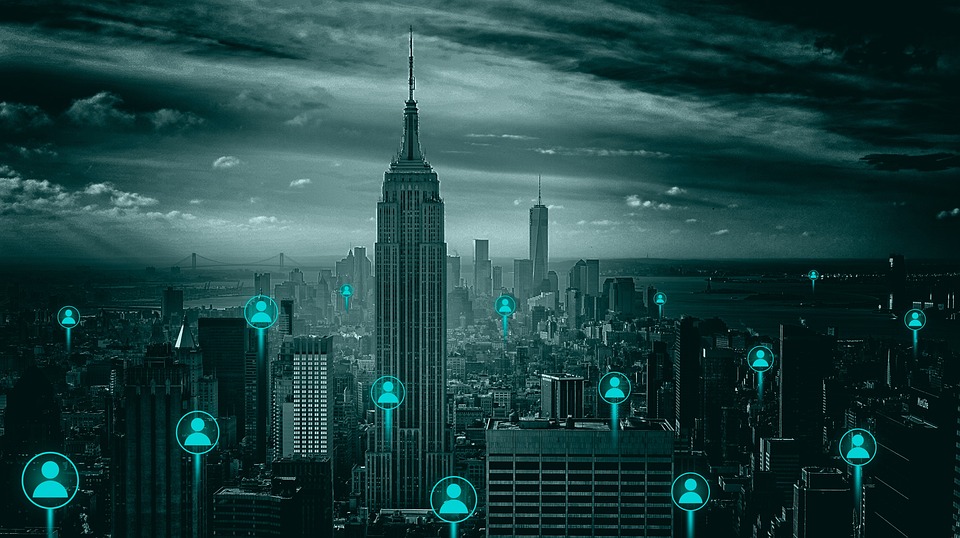Metaverse Job Market: How Virtual reality is Revolutionizing Employment
Introduction
Virtual reality (VR) has come a long way since its inception. Once confined to the realms of gaming and entertainment, VR is now revolutionizing various industries and has the potential to transform the job market as we know it. The concept of a “Metaverse” is gaining traction, where individuals can immerse themselves in interactive virtual worlds, creating new opportunities for employment and career growth. In this article, we will explore how VR is reshaping the job market and the exciting possibilities it brings.
The Rise of Virtual reality
Virtual reality refers to a simulated experience that can be similar to or completely different from the real world. Through the use of specialized hardware and software, users can immerse themselves in a computer-generated environment and interact with it in a seemingly real way. While VR technology has been around for decades, recent advancements have made it more accessible and affordable, leading to its widespread adoption across various industries.
The gaming industry was one of the early adopters of VR technology, with companies like Oculus and HTC Vive introducing headsets that provided immersive gaming experiences. However, the potential of VR extends far beyond gaming. It has found applications in fields such as healthcare, education, architecture, tourism, and even remote work.
Virtual reality and the Job Market
The integration of VR into the job market has opened up new possibilities for both job seekers and employers. Here are some ways in which VR is revolutionizing employment:
1. Remote Work and Collaboration
One of the most significant impacts of VR on the job market is its ability to facilitate remote work and collaboration. Virtual meeting spaces and work environments allow individuals from different locations to come together in a virtual space, eliminating the need for physical travel. This not only saves time and resources but also enables companies to tap into a global talent pool, opening up more employment opportunities.
2. Training and Skill Development
VR provides a safe and immersive environment for training and skill development. Industries like healthcare and aviation can use VR simulations to train professionals in realistic scenarios without risking lives or expensive equipment. This reduces training costs and accelerates the learning process, ultimately leading to a more skilled workforce.
3. Design and Prototyping
Virtual reality allows designers and engineers to create and test prototypes in a virtual space before investing in physical production. This not only saves costs but also enables rapid iteration and refinement of designs. VR can also enhance the design process by providing a more intuitive and immersive experience, resulting in more innovative and user-centric products.
4. Virtual Retail and E-commerce
With the rise of virtual marketplaces, VR is transforming the way we shop. Virtual retail experiences allow customers to explore and interact with products in a virtual environment, providing a more engaging and personalized shopping experience. This opens up new job opportunities in the field of virtual merchandising and customer experience design.
FAQs
Q: How can VR benefit job seekers?
VR can benefit job seekers by providing them with access to remote work opportunities, enabling them to work from anywhere in the world. It also offers immersive training experiences, allowing individuals to acquire new skills and enhance their employability.
Q: Will VR replace physical offices?
While VR has the potential to reduce the need for physical offices, it is unlikely to completely replace them. Physical offices provide social interactions and a sense of community that cannot be replicated in a virtual environment. However, VR can complement traditional office spaces by enabling remote work and enhancing collaboration.
Q: Are there any ethical concerns with VR in the job market?
As with any emerging technology, there are ethical concerns associated with VR in the job market. These include issues related to privacy, data security, and potential job displacement. It is crucial for policymakers and industry leaders to address these concerns and establish guidelines to ensure the responsible use of VR technology.
Conclusion
The integration of VR into the job market is transforming employment as we know it. From enabling remote work and collaboration to revolutionizing training and design processes, VR offers exciting possibilities for both job seekers and employers. As the Metaverse continues to evolve, it is essential for individuals and organizations to adapt and embrace the opportunities that Virtual reality brings.

